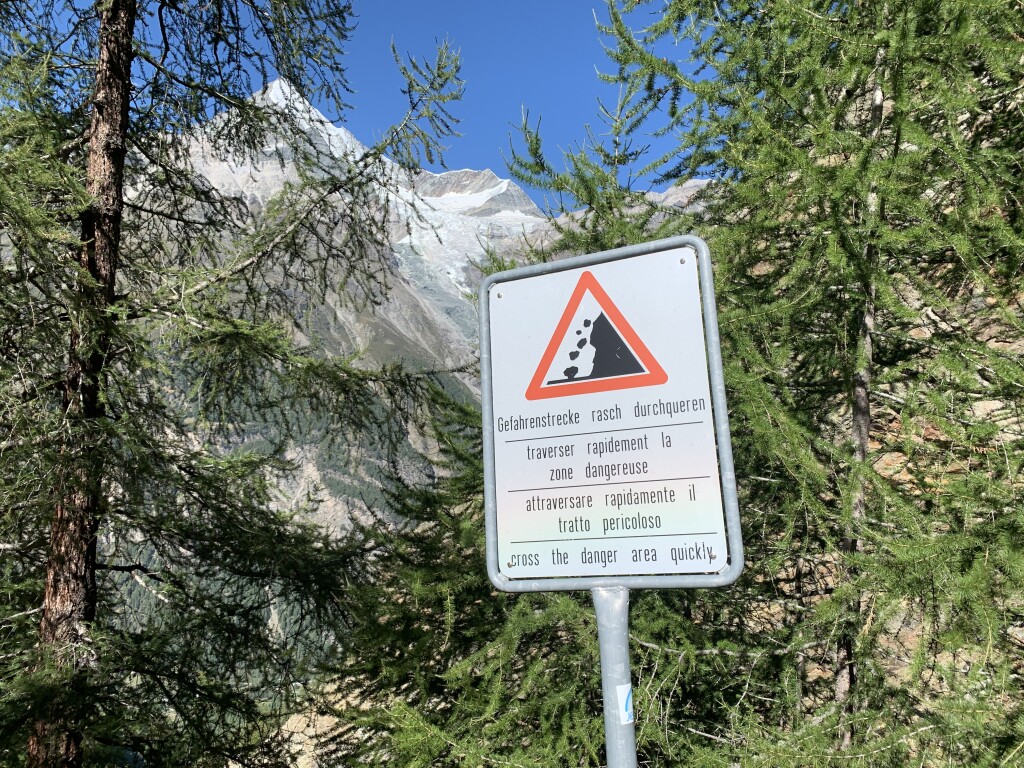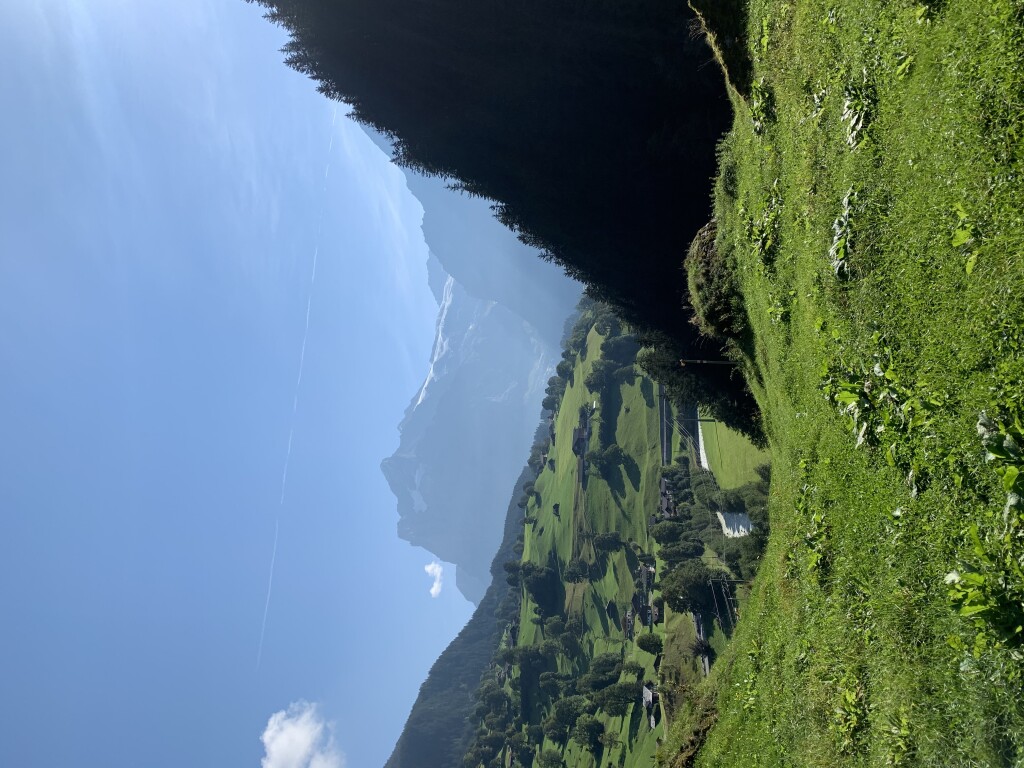I have been thinking about the artist-audience experience quite a lot recently.
Originally I was thinking about how the audience experience exists when you are watching/reading/listening to digital cultural content. However this evolved to encompass the performer’s experience.
Without having an audience to react to how does that change the performance?
To be totally honest this thinking was triggered by something I was reading about how the notion of ‘home and away’ has no real bearing on the way football is being played at the moment (i.e. without crowds). Historically the ‘ home advantage‘ has been pronounced, however the crowdless matches that have been played this year has questioned that.
In a cultural context, what does the absence of a physical audience mean for performers and artists?
I do think that this question has validity beyond the current crisis.
Digital audiences will never be ‘physically co-present’ and rather than bemoan that as never ‘being as good as the real thing’ I am interested to see how people confront that challenge in creative ways.
One thing that digital can be good for is to create a feeling of intimacy between the performer and the audience member. Digital experiences are typically enjoyed alone. Headphones and screens can bring you closer to an artist than you would ever be able to manage in a traditional setting.
It’s one of the reasons that podcasts can feel so intimate.
There have been recent examples of organisations trialling this sort of one-to-one interaction in a performance context.
This New Yorker piece on digital theatre audiences shows there’s clearly an appetite out there for this sort of more intimate/confronting experience (although it’s definitely not something I’d ever see myself doing).
Elsewhere, in a classical context, there was this example of orchestras in Germany playing to one audience member at a time, which I think could work very nicely as a digital thing.


